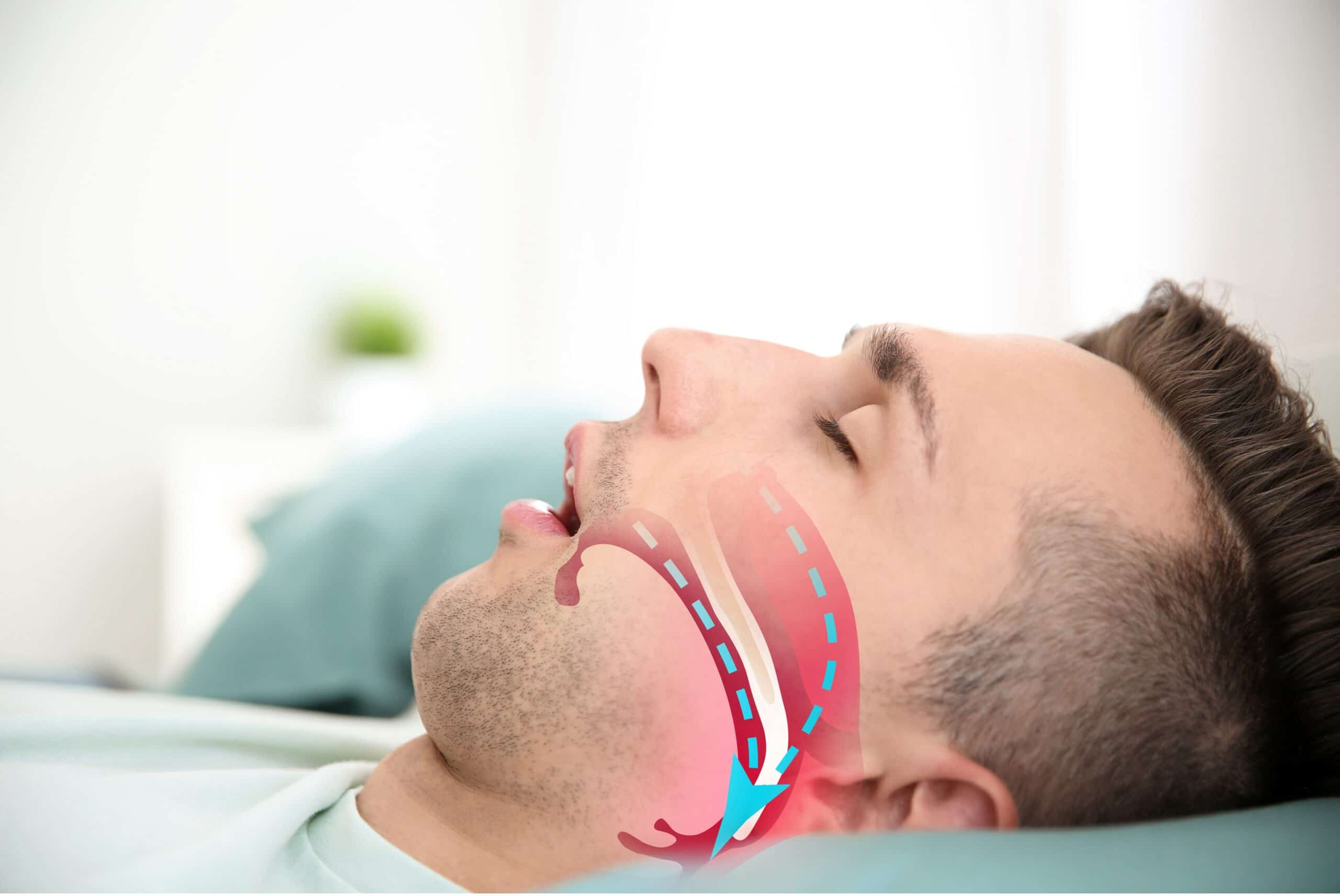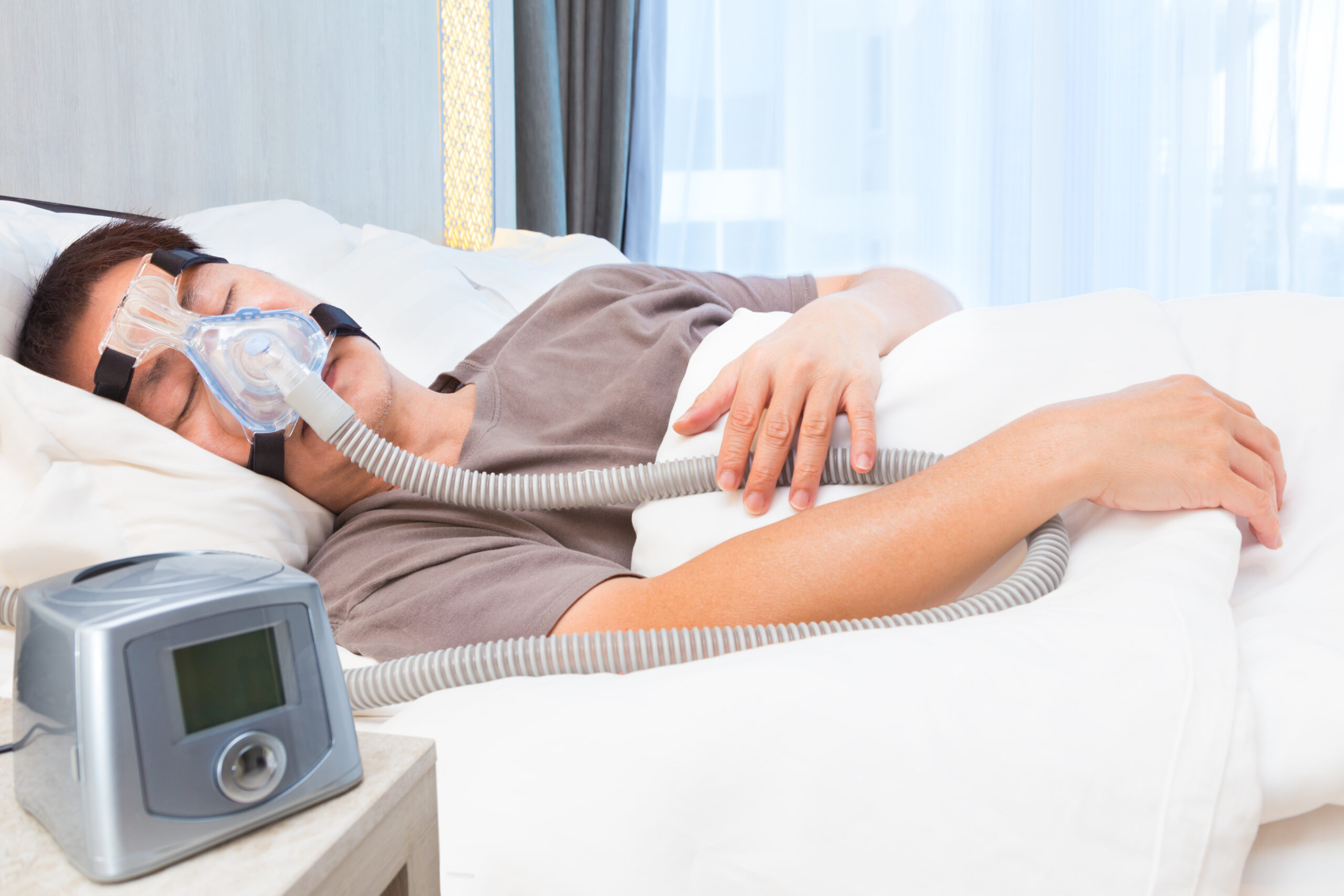- Home
- Our Providers
- Our Services
- Abdominal Aortic Aneurysm Screening
- Alzheimer’s Disease
- Antibiotics Treatment
- Arthritis
- Asthma and Allergies
- Blood Work
- Breast Cancer Screening
- Cancer Screenings
- Cervical Cancer Screening
- CHF
- Chronic Diseases Management
- Colon Cancer Screening
- Physical Exam and Preventative Care
- COPD
- Covid Testing
- Dementia
- Depression and Anxiety
- Diabetes Mellitus Type 1 & 2
- Ear Cleaning
- ECG
- Fibromyalgia
- Flu Tests
- GERD
- Heart Disease
- Hepatitis Screening
- High Blood Pressure
- High Cholesterol
- HIV Screen Tests
- Hormone Therapy
- Iron Injection
- Joint Injection
- Kidney Disease
- Lung Cancer Screening
- Medical Wellness Visits
- Men’s Health
- Nutrition Consultation
- Obesity
- Osteoporosis
- Peripheral Neuropathy
- Peripheral Vascular Disease
- Pre and Post Surgical Evaluations
- Prostate Cancer Screening
- Pulmonary Disease
- Pulmonary Function Test
- Seizure
- Sexual Transmitted Diseases
- Sick Visits
- Skin Biopsy
- Sleep Apnea
- Smoking Cessation and Reduction
- Stroke
- Testosterone Injection
- Thyroid Dysfunction
- Ultrasound
- Urine Analysis
- Vaccinations
- Vascular Studies
- Vitamin B12 Replacement
- Weight Loss
- Wound Care and Suture Removal
- Telemedicine
- Join Our Team
- Patients
Sleep Apnea
Sleep apnea is a common sleep disorder that affects millions of individuals worldwide. It is a condition in which a person’s breathing repeatedly stops and starts during sleep, leading to disrupted sleep and decreased oxygen levels in the blood. Sleep apnea can have serious health consequences, including high blood pressure, heart disease, and stroke, and it can significantly impact an individual’s quality of life.
At CoreMed Plus, we understand the serious impact of sleep apnea on individuals and their families, and we are committed to providing the highest quality care to help individuals manage their symptoms and improve their overall well-being. Our team of healthcare professionals is trained in the latest treatments and techniques for managing sleep apnea, and we work with each individual to develop a personalized treatment plan that meets their unique needs.
We offer various services to help individuals with sleep apnea, including diagnostic testing, treatment planning, CPAP therapy, lifestyle counseling, and referrals to other healthcare providers and specialists. Our goal is to provide compassionate and comprehensive care to individuals with sleep apnea, helping them improve their sleep quality and reduce their risk of serious health complications.
If you or a loved one is living with sleep apnea, we encourage you to contact us at CoreMed Plus to learn more about how we can help. Our team is here to support you every step of the way, and we look forward to working with you to improve your sleep quality and overall health.

What is Sleep Apnea
Sleep apnea is a common sleep disorder in which a person’s breathing repeatedly stops and starts during sleep. This can result in decreased oxygen levels in the blood and disrupted sleep, leading to a range of health problems.
There are three types of sleep apnea:
- Obstructive Sleep Apnea: This is the most common type of sleep apnea, which occurs when the muscles in the back of the throat fail to keep the airway open during sleep.
- Central Sleep Apnea: This type of sleep apnea occurs when the brain fails to signal the muscles to breathe during sleep.
- Complex Sleep Apnea Syndrome: This is a combination of obstructive and central sleep apnea.
Sleep apnea symptoms may include loud snoring, gasping or choking during sleep, pauses in breathing during sleep, excessive daytime sleepiness, difficulty concentrating, morning headaches, and irritability.
Risk factors for sleep apnea include being overweight or obese, having a family history of sleep apnea, having a narrow airway, and having certain medical conditions such as diabetes, high blood pressure, and heart disease.
Treatment for sleep apnea may include lifestyle changes such as weight loss and quitting smoking, positional therapy, continuous positive airway pressure (CPAP) therapy, and surgery.
At CoreMed Plus, we offer various services to help individuals manage their sleep apnea and improve their sleep quality. Our team of healthcare professionals is trained in the latest treatments and techniques for managing sleep apnea, and we work with each individual to develop a personalized treatment plan that meets their unique needs. We also offer education and support to help individuals make lifestyle changes that can help improve their sleep quality and overall well-being.
Symptoms of Sleep Apnea
Symptoms of sleep apnea can vary depending on the type of sleep apnea an individual has, but some of the most common symptoms of sleep apnea include:
- Loud Snoring: This is often one of the most noticeable symptoms of sleep apnea, particularly with obstructive sleep apnea.
- Gasping or Choking During Sleep: This can occur when breathing stops and then starts again.
- Pauses in Breathing During Sleep: These pauses may be witnessed by a bed partner or observed during a sleep study.
- Excessive Daytime Sleepiness: This can occur when sleep is disrupted throughout the night, leading to poor sleep quality.
- Difficulty Concentrating: This can result from the sleep disruption caused by sleep apnea.
- Morning Headaches: This can occur due to decreased oxygen levels during sleep.
- Irritability: Sleep disruption can lead to mood changes and irritability.
- Restless Sleep: Individuals with sleep apnea may toss and turn during the night or wake up frequently.
- Dry Mouth or Sore Throat: This can occur due to breathing disruption and airway obstruction during sleep.
It is important to note that not everyone with sleep apnea experiences all these symptoms, and some individuals may not be aware of their sleep apnea. If you are experiencing any of these symptoms, speaking with a healthcare professional to determine if sleep apnea may be the underlying cause is important. Early diagnosis and treatment of sleep apnea can improve sleep quality and reduce the risk of health complications.

Treatment of Sleep Apnea
Treatment for sleep apnea can vary depending on the severity and type of sleep apnea an individual has. Still, some common treatments for sleep apnea include:
- Lifestyle Changes: Weight loss, exercise, and avoiding alcohol and sedatives can help improve sleep apnea symptoms, particularly for mild cases.
- Positional Therapy: Sleeping in a different position or using positional devices that keep the airway open can help prevent airway obstruction during sleep.
- Continuous Positive Airway Pressure (CPAP) Therapy: CPAP therapy involves wearing a mask over the nose and/or mouth during sleep that delivers a continuous stream of air to keep the airway open.
- Oral Appliances: Certain oral appliances can help keep the airway open during sleep and reduce snoring and other sleep apnea symptoms.
- Surgery: In some cases, surgery may be recommended to remove excess tissue from the throat or correct structural abnormalities that contribute to sleep apnea.
At CoreMed Plus, our team of healthcare professionals is trained in the latest treatments and techniques for managing sleep apnea, and we work with each individual to develop a personalized treatment plan that meets their unique needs. We also offer education and support to help individuals make lifestyle changes that can help improve their sleep quality and overall well-being.
It is important to note that untreated sleep apnea can lead to various health complications, including high blood pressure, heart disease, and stroke. If you suspect you may have sleep apnea, it is important to speak with a healthcare professional to determine the underlying cause and receive appropriate treatment.
Living With Sleep Apnea
Sleep apnea is a chronic condition affecting millions worldwide. It is characterized by a brief pause in breathing during sleep, lasting from a few seconds to several minutes. People with sleep apnea may wake up frequently throughout the night and experience daytime sleepiness, irritability, and difficulty concentrating. Living with sleep apnea can be challenging, but several strategies can help people find relief and improve their quality of life.
One of the most effective ways to manage sleep apnea is to make lifestyle changes that promote better sleep. This can include following a regular sleep schedule, practicing good sleep hygiene, and avoiding alcohol and caffeine before bedtime. People with sleep apnea should also prioritize regular exercise, as it can improve overall health and help with weight management, which can reduce symptoms of sleep apnea.
Weight management is vital for people with sleep apnea, as excess weight can exacerbate symptoms. Losing weight through a healthy diet and regular exercise can help reduce the severity of sleep apnea and improve overall health. In some cases, weight loss can even eliminate the need for treatment, such as a CPAP machine.
Another way to find relief from sleep apnea is to try positional therapy. This involves sleeping in a specific position that keeps the airways open during sleep. Some people find relief by sleeping on their side, while others benefit from special pillows or wedges that elevate the head and neck.
In addition to lifestyle changes, several medical treatments can help people manage sleep apnea. The most common treatment is continuous positive airway pressure (CPAP) therapy, which involves wearing a mask that delivers pressurized air to keep the airway open during sleep. While CPAP therapy can be uncomfortable initially, it is highly effective and dramatically improves sleep quality.
Several alternative treatments are available for people who cannot tolerate CPAP therapy. These include oral appliances that can help keep the airway open during sleep, as well as surgical procedures that can permanently improve the structure of the airway.
Seeking support and education is also an essential aspect of managing sleep apnea. Joining a support group or working with a sleep specialist can provide valuable information, guidance, and a sense of community and understanding. Some people may also benefit from counseling or therapy to help manage the emotional toll of living with a chronic condition.
Living with sleep apnea can be challenging, but many strategies can help people find relief and improve their quality of life. By making lifestyle changes, seeking medical treatment, and finding support, people with sleep apnea can manage their symptoms and live full and healthy lives.
Working closely with a healthcare provider to find the best treatment options and develop a personalized plan for managing the condition is essential. With time, patience, and perseverance, people with sleep apnea can find relief and get the restorative sleep they need to feel their best.

How CoreMed Plus Can Help You With Sleep Apnea
At CoreMed Plus, we offer various services to help individuals manage their sleep apnea and improve their sleep quality. Our team of healthcare professionals is trained in the latest treatments and techniques for managing sleep apnea, and we work with each individual to develop a personalized treatment plan that meets their unique needs.
Some of the ways that we can help individuals with sleep apnea include:
- Diagnostic Testing: We offer a range of diagnostic tests to determine if an individual has sleep apnea, including overnight sleep studies and home sleep tests.
- Treatment Planning: Our healthcare professionals work with each individual to develop a personalized treatment plan based on the type and severity of their sleep apnea.
- CPAP Therapy: We offer education and support for individuals using CPAP therapy, including assistance with equipment selection and fitting, mask adjustments, and ongoing monitoring of treatment effectiveness.
- Lifestyle Counseling: We offer education and support to help individuals make lifestyle changes that can help improve their sleep quality and reduce sleep apnea symptoms, such as weight loss and quitting smoking.
- Referrals to Other Healthcare Providers and Specialists: We work with a network of providers and specialists to ensure that individuals with sleep apnea receive comprehensive care for their condition.
At CoreMed Plus, we understand the severe impact of sleep apnea on individuals and their families, and we are here to provide support, education, and resources to help individuals manage their symptoms and improve their overall well-being. Our goal is to provide compassionate and comprehensive care to individuals with sleep apnea, helping them improve their sleep quality and reduce their risk of severe health complications.
Meet Dr. Mark Richter
I grew up in Florida as the oldest of five sons. After earning my degree from the University of Florida, I pursued my medical education in the Dominican Republic. In 1988, I began my Family Practice Residency at the “old” Pontiac General Hospital. I have been providing medical care to the same community since 1991, first in Waterford and later at our current location in White Lake, where I continue to practice today. I take pride in being board certified by the American Academy of Family Physicians and remain committed to Primary Care. I am passionate about promoting a healthy lifestyle, including a proper “balanced” diet, exercise, exposure to healthy outdoor activities, and achieving work-life balance. I married my Medical School Sweetheart, Barbara, and we are fortunate to have two adult children and a granddaughter. We have been residents of Oakland County since 1988 and enjoy all that Michigan has to offer.
Contact Information
If you’re ready to take charge of your health and embark on a journey toward a healthier, happier life, we invite you to contact us today. Our compassionate and knowledgeable staff is excited to take your call and help you on your health journey. We will work closely with you to develop a customized treatment plan that is right for you and provide the support and care you need every step of the way.
Don’t let health concerns hold you back – contact CoreMed Plus today and let us help you achieve optimal health and wellness. We look forward to hearing from you and helping you achieve a healthier, happier life.
- Email: [email protected]
- Phone: +1 248-666-6005




